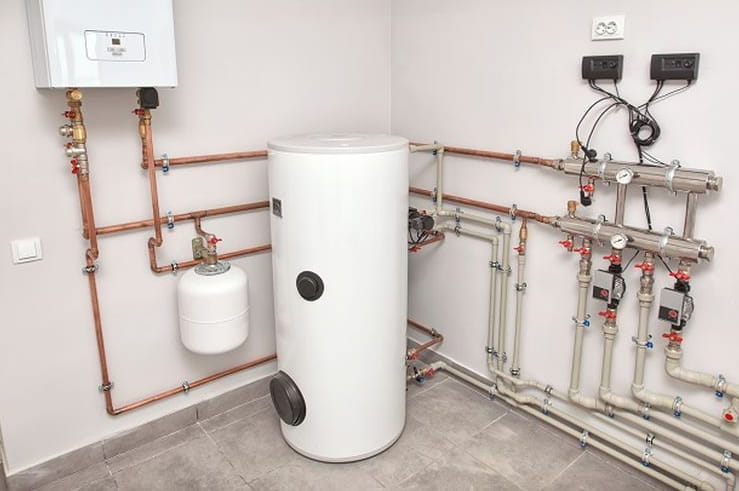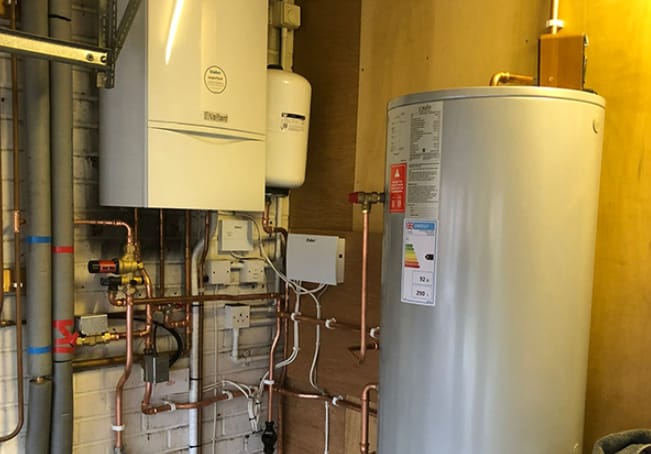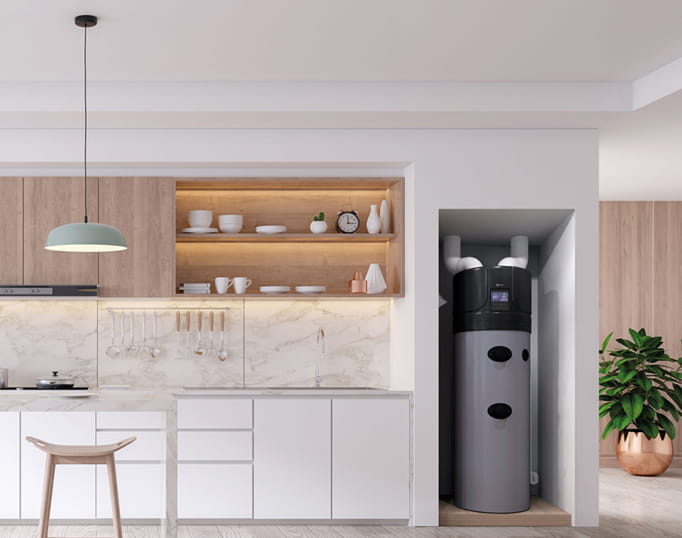So, you are a new homeowner and you want to invest in a water heating system. You could surely use a guide right about now. Something that tells you what types of heating systems are available, and which ones will work best for your home.
You have decided on a boiler as a water heater for your new home. As a new home owner, you want to make cost efficient decisions that will last for years. Where is that guide, or owner’s manual, that was mentioned?
You will need a professional company, like Boiler Central, to install your boiler once you’ve made your choice. This company has installed more than 15 000 boilers since they started. You can get an online quote with a fixed price within 20 seconds at any time of any day.
Things To Consider Before Buying a Water Heater

You want to buy a water heater that fits all of your needs and doesn’t give you any trouble. There are various things that you have to consider before buying a water heater, besides the architecture and décor of your house.
Size and Capacity
The size of your family also correlates directly with the amount of hot water consumption. Your water heater has to be able to support enough hot water production for your household.
Consider the maximum flow rate of your appliances, and the temperature rise. The sum of your appliances’ flow rate will give you an estimated maximum flow rate needed for your household.
Temperature rise is the difference between the temperature of incoming water and desired water temperature. The higher the temperature level, the bigger the size of the water heater. Determine the time of day that your family uses hot water the most, and the amount that they use.
This will give you an idea of the size of a water heater with a storage tank that will work for your home. Search for the models that match your peak hour demand within three to six liters.
Fuel
Different water heaters use different types of fuel to work. Different models of water heaters can use gas, electricity, oil, or liquid petroleum gas to function.
Although gas water heaters are usually cheaper to own than electric versions, you will regularly need to book a gas safe certificate check.
Efficiency
Water efficiency explains how much fuel a device actually burns. It is based on the amount of hot water produced per unit of fuel consumed over a day. All modern units have to follow common efficiency ratings approved by the government.
Power and Outages
All electric units shut down immediately in the event of a power outage. Until the power gets restored, or you have some hot water stored somewhere, you will not have access to hot water.
Alternatively, you could connect your water heater to a backup power supply. Gas heaters, though, do not depend on electricity. Since it is powered by gas, it will work during a power outage.
Cost
Buying a water heater is a big investment that includes a lot of variables. You have to pay for its installation and any additional building work to fit the water heater.
The price of the actual water heater unit depends on its brand, type, and size. A new water heater should last at least ten years. Keep in mind the price of the fuel running your unit.
Compare the fuel types available in your area to find out which is the most economic. You should also keep in mind that your water heater can add to the overall value of your property.
What Are the Different Types of Boilers?

Combi Boilers. Also called Combination Boilers, because they combine all components of traditional water and central heating systems into one compact unit. They do not have separate water cylinders or tanks to store water.
These boilers are compact in size, energy efficient, and provide hot water on demand. This type of boiler is more suited for smaller households where only one person, or appliance, is using hot water at a time.
System Boilers
Also known as sealed system boilers. They store a large amount of hot water in a cylinder, so you have a constant supply of hot water at all times.
The boiler is compact and highly efficient. A system boiler has two parts to it: a boiler, and a separate water cylinder to store hot water.
The boiler, which is usually found in the kitchen, heats the water, which is sent to the hot water storage cylinder, which is usually found in an airing cupboard. When hot water is needed it comes from the cylinder.
The boiler will then heat water to refill the cylinder, and keep it at a certain level. This type of boiler is the perfect solution for larger family homes where you might have many people using more than one source of hot water at the same time. They are typically installed in houses with three or less bathrooms.
Regular or Conventional Boilers
These are open vent, or heat-only boilers. These boilers have three parts: a boiler, a separate hot water cylinder (usually installed in an airing cupboard), and a separate cold-water tank (often in the loft).
They provide central heating and hot water by taking cold water from your main water supply and storing it in the cold-water cylinder, from where it is put into the hot water cylinder. The boiler heats the water in the hot water cylinder, where it is stored until needed.
This boiler is a good choice for larger households with multiple bathrooms, as they can provide a lot of hot water at once. This boiler is best for houses with more than three bathrooms.
Conclusion
This article provides a partial water heating guide for new homeowners. It lists things to consider before buying a water heater. Different types of water heaters and how they work are also explained. Your water heater ultimately depends on the size of your house.
